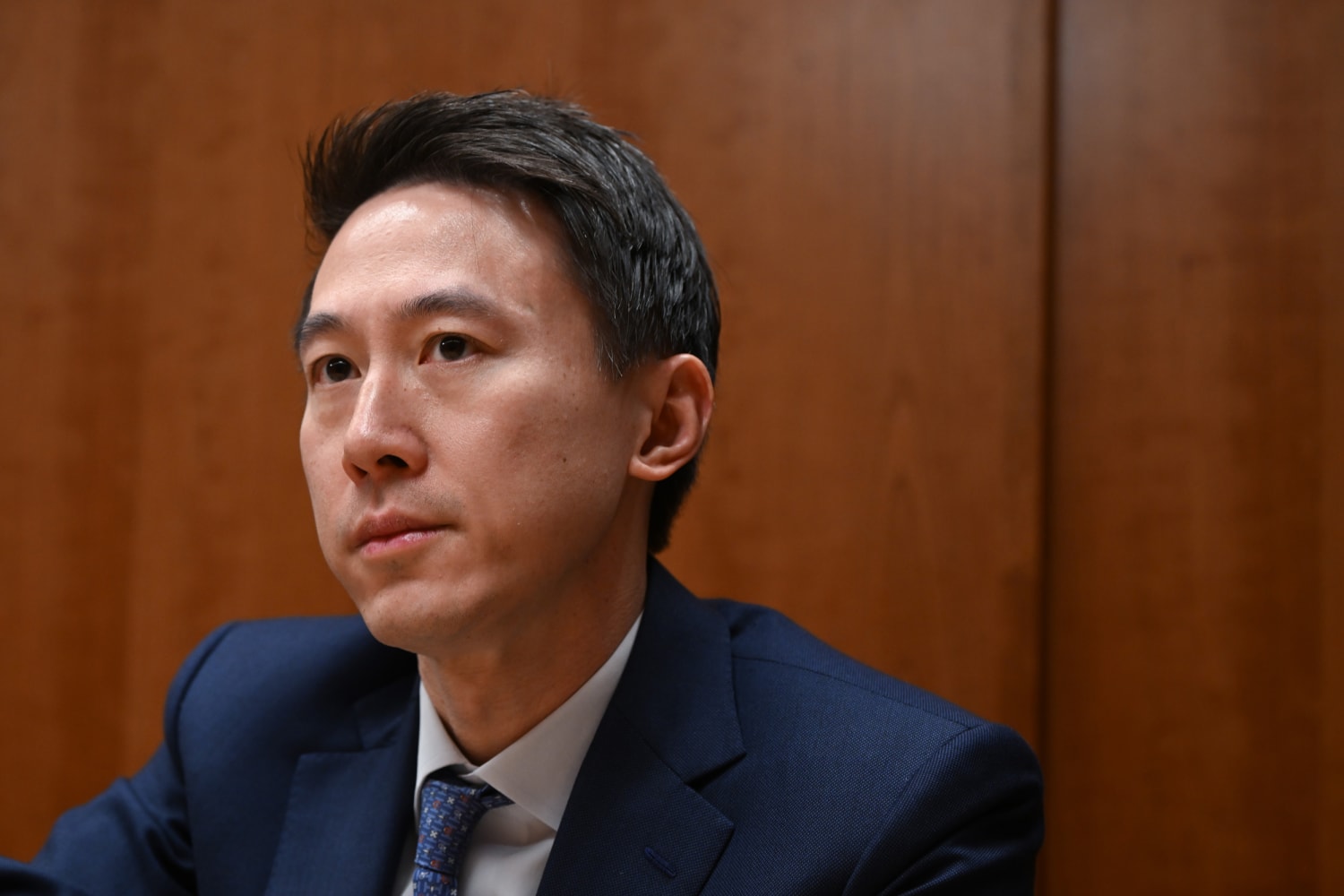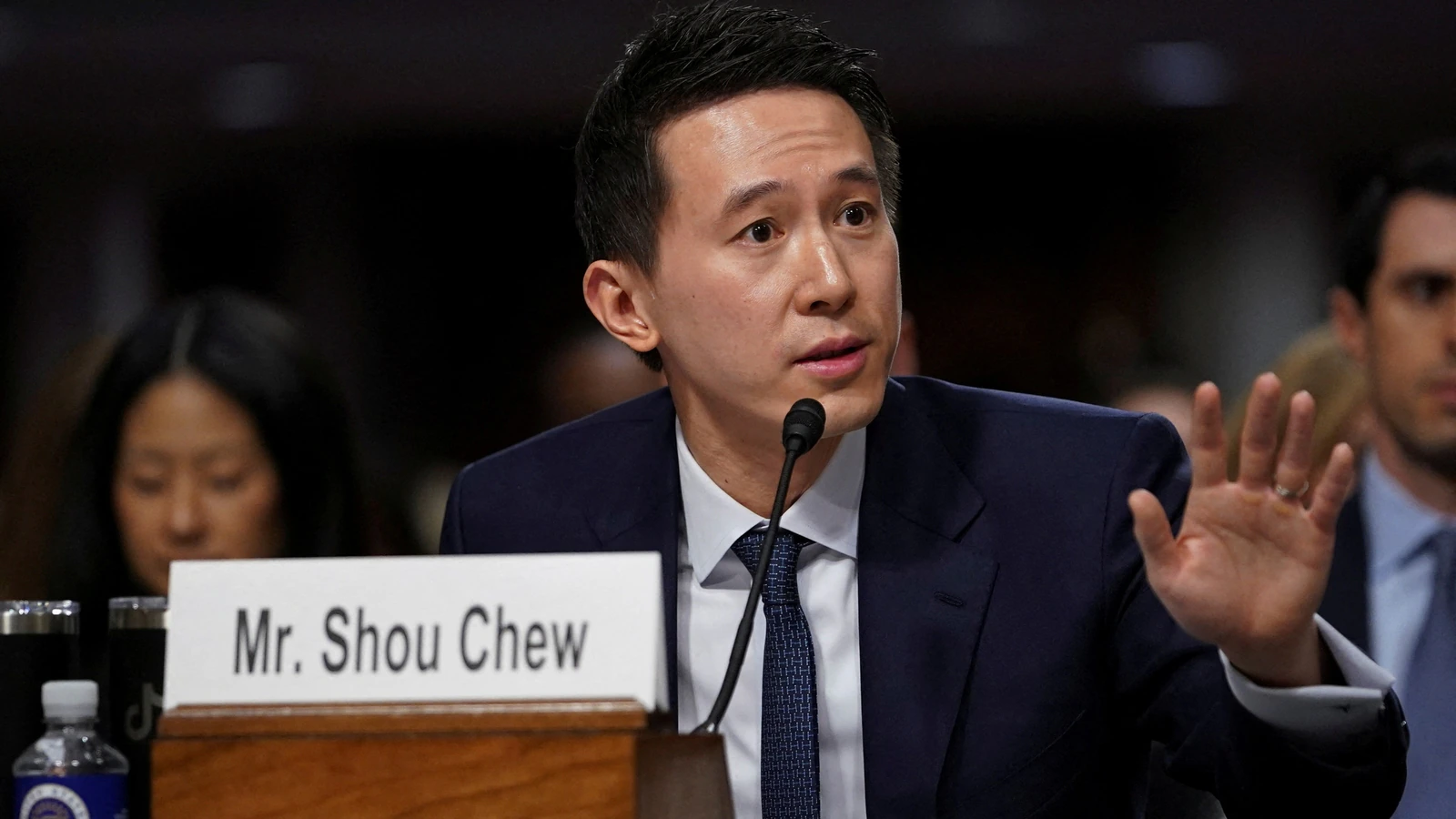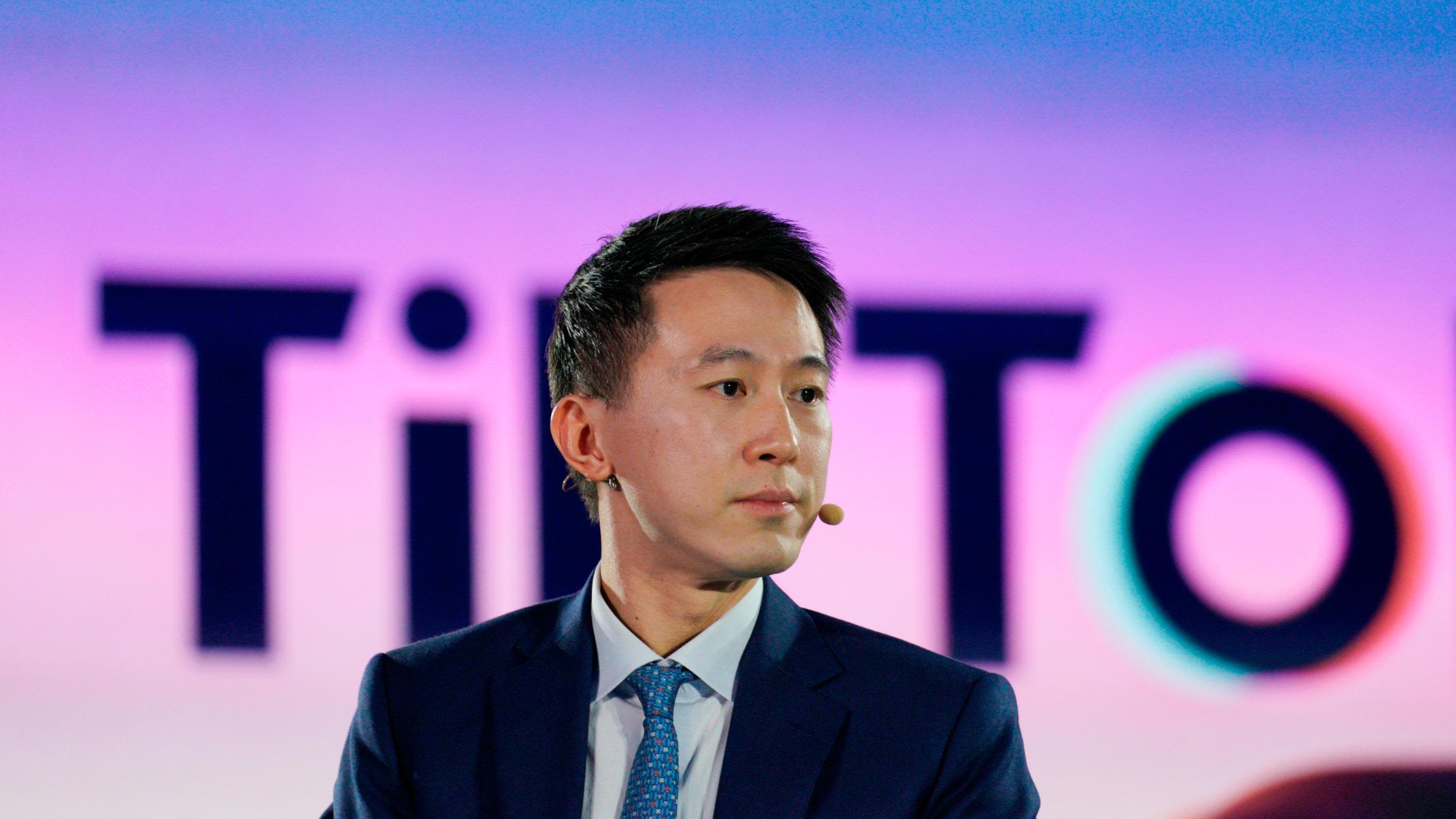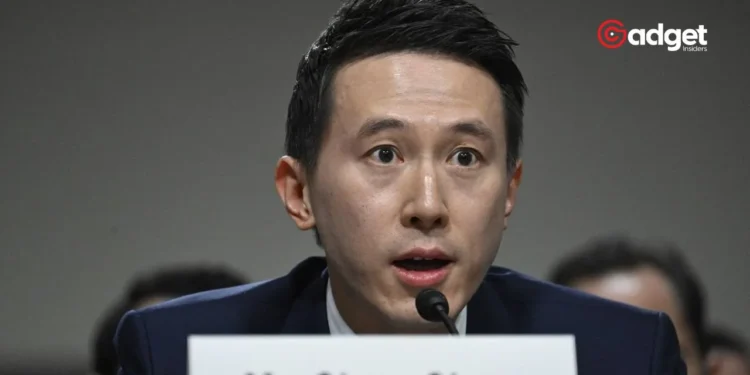In a dynamic testimony before the House Energy and Commerce Committee in Washington, TikTok’s CEO Shou Zi Chew made a resolute declaration about the future of the social media giant in the face of new American legislation. Despite the looming threat of a ban facilitated by a bill signed by President Joe Biden, Chew remains optimistic, asserting that TikTok is here to stay.
“Rest assured – we aren’t going anywhere,” Chew proclaimed in a video released shortly after the bill’s enactment, signaling a fight that hinges on constitutional rights.

The Battle for TikTok’s U.S. Operations
The legislation sets a rigid timeline, requiring China-based ByteDance, the parent company of TikTok, to divest its U.S. operations within 270 days or face a sweeping ban. This move is a direct response to concerns over national security and the protection of American data from potential foreign surveillance.
However, TikTok’s leadership contests the necessity and legality of such measures, planning to challenge the bill based on the First Amendment.
As the deadline of January 19 looms—a day before Biden’s term may potentially end—the administration could extend this period by an additional three months if ByteDance demonstrates significant progress towards divestiture.
Amidst this regulatory uncertainty, White House spokeswoman Karine Jean-Pierre clarified the administration’s stance, emphasizing that the initiative is driven by concerns over “PRC ownership.”
TikTok CEO Expects to Defeat US Ban: 'We Aren't Going Anywhere' https://t.co/o9s370Oq7o #TempoEnglish
— Tempo English (@tempo_english) April 25, 2024
Echoes from the Past: The Ongoing TikTok Saga
This isn’t the first time TikTok has faced governmental scrutiny. The platform previously withstood attempts by former President Donald Trump to enforce a similar ban, which were thwarted by judicial decisions. Trump has since shifted his position, attributing the push for a ban to Biden, in a clear appeal to voters ahead of the upcoming elections.
The controversy extends beyond political maneuvering. The bipartisan support for the bill underscores widespread anxiety over the potential for Chinese access to American users’ data. Experts are now debating the feasibility of a sale, considering the enormous financial implications and the need for approval from both U.S. and Chinese authorities.

Global Implications and Domestic Concerns
The international discourse around TikTok’s situation reflects broader tensions between the U.S. and China over technology and internet governance. Just last week, Apple was compelled by Chinese directives to remove certain apps from its App Store, citing national security concerns.
This back-and-forth not only highlights the tech tug-of-war but also sets a concerning precedent for global digital policy, as noted by the American Civil Liberties Union.
Domestically, the debate touches on the lives of approximately 8,000 U.S. TikTok employees, predominantly based in New York and California. Senator Laphonza Butler of California has voiced the need to consider these workers and the broader economic impact, urging the White House to find a balanced approach.

Forward-Looking: The Tech Landscape and Legislative Impact
As the situation unfolds, TikTok’s resilience and its strategic responses could redefine the landscape for international tech businesses in the U.S. market. The platform’s legal challenge, coupled with potential backlash from its vast user base, might influence future legislation and executive decisions.
This ongoing saga not only tests the boundaries of international tech relations but also the very principles that govern free speech and privacy in the digital age.
As both sides brace for an intensified legal battle, the world watches closely, recognizing that the outcome could reshape the interaction between global politics and technology.










